People hanged by Long
- 1895 Minnie Dean, murderer.
- 1897 William Sheehan, murderer. [4]
- 1905 James William Ellis, murderer. [5]
- 1877 William Woodgate, murderer [6]
Tom Long (died 15 December 1908 [1] ) was the New Zealand government hangman in the late 19th-early 20th century, [2] although it was not a full-time position. [3] He executed the "baby farm" murderer Minnie Dean, the only woman hanged in New Zealand. Long, an Irishman who claimed to have been an executioner in Australia, was appointed as New Zealand's first official hangman in 1877. In a newspaper interview in 1905 he claimed to have executed "fifteen in this country but hundreds in India.". He was killed in 1908 while felling trees at Kauangaroa, east of Wanganui.
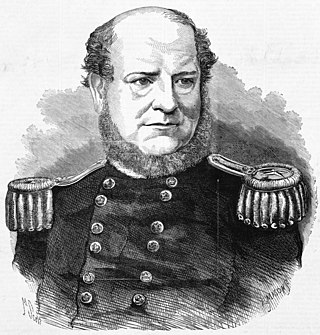
George Augustus Constantine Phipps, 2nd Marquess of Normanby, styled Viscount Normanby between 1831 and 1838 and Earl of Mulgrave between 1838 and 1863, was a British Liberal politician and colonial governor of Nova Scotia, Queensland, New Zealand and Victoria.

Albert Pierrepoint was an English hangman who executed between 435 and 600 people in a 25-year career that ended in 1956. His father Henry and uncle Thomas were official hangmen before him.

William Marwood was a British state hangman. He developed the technique of hanging known as the "long drop".
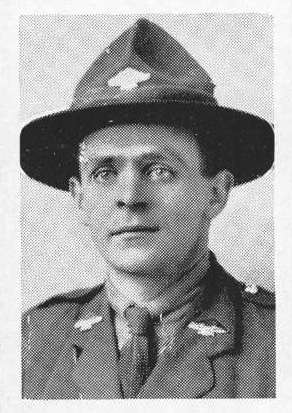
John Gildroy Grant, VC was a soldier in the New Zealand Military Forces during the First World War. He was a recipient of the Victoria Cross, the highest award for gallantry "in the face of the enemy" that could be awarded at the time to British and Commonwealth forces.
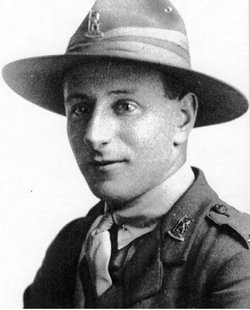
Harry John Laurent, VC was a New Zealand recipient of the Victoria Cross (VC), the highest award for gallantry in the face of the enemy that can be awarded to British and Commonwealth forces.

Capital punishment – the process of sentencing convicted offenders to death for the most serious crimes and carrying out that sentence, as ordered by a legal system – first appeared in New Zealand in a codified form when New Zealand became a British colony in 1840. It was first carried out with a public hanging in Victoria Street, Auckland in 1842, while the last execution occurred in 1957 at Mount Eden Prison, also in Auckland. In total, 85 people have been lawfully executed in New Zealand.
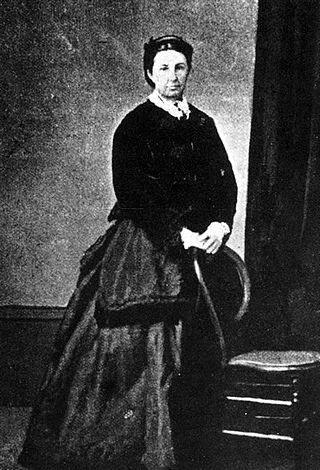
Williamina Dean was a New Zealander who was found guilty of infanticide and hanged. She was the only woman to be executed in New Zealand. Several other women were sentenced to death, but all of them had their sentences commuted to either life or long duration imprisonment.

The 1887 New Zealand general election was held on 26 September to elect 95 MPs to the tenth session of the New Zealand Parliament. The Māori vote was held on 7 September. 175,410 votes were cast. In 5 seats there was only one candidate.

Charles Houghton Mills was a member of parliament for Waimea and Wairau, in the South Island of New Zealand.
Egmont is a former New Zealand electorate, in south Taranaki. It existed from 1871 to 1978.

The Tangahoe River is a river of the Taranaki Region of New Zealand's North Island. It flows generally southwest from its origins in hill country to the east of Lake Rotorangi, reaching the Tasman Sea in the South Taranaki Bight 5 km (3.1 mi) southeast of Hawera.
Hawera was a parliamentary electorate in the South Taranaki District of New Zealand from 1896 to 1908. It was represented by two Members of Parliament over the four parliamentary terms of its existence.

James Billington was a hangman for the British government from 1884 until 1901. He was the patriarch of the Billington family of executioners. Billington died at home from emphysema in the early hours of 13 December 1901, ten days after having executed Patrick McKenna, a man he knew well.
Sarah-Jane and Anna Flannagan were 19th-century New Zealand murderers. Like Caroline Whitting (1872) and Phoebe Veitch (1883) before them, but unlike Minnie Dean subsequently (1895), the two women were initially sentenced to death for the killing of Anna's 'illegitimate' child and Sarah Jane's grandchild but were subsequently reprieved. In this instance, the intervention of the then-Governor-General of New Zealand William Onslow, 4th Earl of Onslow was required for mitigation of the death penalty to life imprisonment.
The Mayor of New Plymouth is the head of municipal government of New Plymouth District, New Zealand. Since the 2022 local elections, the mayor is elected directly using the single transferable vote electoral system; prior to that, first-past-the-post voting was used. The current mayor is Neil Holdom.
Benjamin Conrad "Cockie" Robbins was a member of the New Zealand Legislative Council from 9 March 1936 to 8 March 1943; and 9 March 1943 to 8 March 1950.

Henry "Norkey" Dewar was a New Zealand rugby union forward, who played for the All Blacks, and represented Taranaki and Wellington provinces.
The Patea by-election was a by-election in the New Zealand electorate of Patea, a rural seat on the west coast of the North Island.
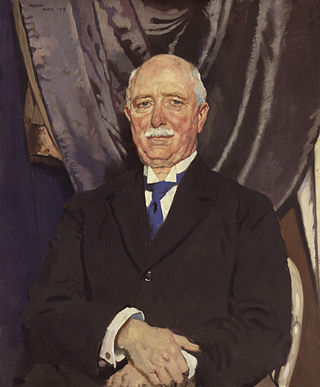
This is a summary of the electoral history of William Massey, Prime Minister of New Zealand, (1912–1925). He represented two electorates during his political career.
Robert William Quee was a New Zealand cricketer who played first-class cricket for Wellington from 1899 to 1904.